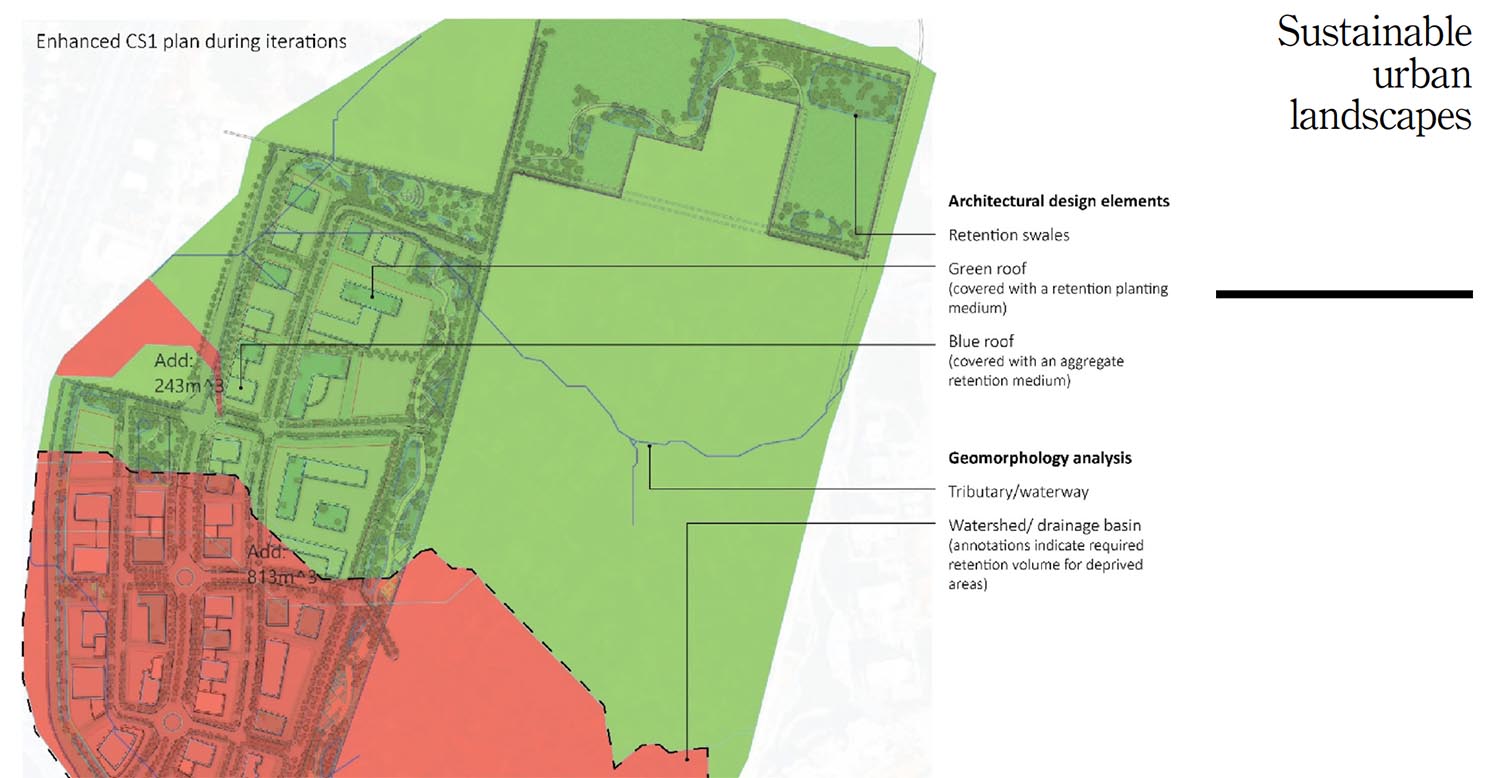
Hatzav Yoffe's paper published in IJAR
This study uses computer-aided design to improve the ecological and environmental sustainability of early-stage landscape designs. Urban expansion on open land and natural habitats has led to a decline in biodiversity and increased climate change impacts, affecting urban inhabitants’ quality of life and well-being. While sustainability indicators have been employed to assess the performance of buildings and neighbourhoods, landscape designs’ ecological and environmental sustainability has received comparatively less attention, particularly in early-design stages where applying sustainability approaches is impactful. Design/methodology/approach – The authors propose a computation framework for evaluating key landscape sustainability indicators and providing real-time feedback to designers. The method integrates spatial indicators with widely recognized sustainability rating system credits. A specialized tool was developed for measuring biomass optimization, precipitation management and urban heat mitigation, and a proof-of-concept experiment tested the tool’s effectiveness on three Mediterranean neighbourhood-level designs. Findings – The results show a clear connection between the applied design strategy to the indicator behaviour. This connection enhances the ability to establish sustainability benchmarks for different types of landscape developments using parametric design.
The study allows non-expert designers to measure and embed landscape sustainability early in the design stages, thus lowering the entry level for incorporating biodiversity enhancement and climate mitigation approaches.
This study expands the parametric vocabulary for measuring landscape sustainability by introducing spatial ecosystem services and architectural sustainability indicators on a unified platform, enabling the integration of critical climate and biodiversity-loss solutions earlier in the development process.



